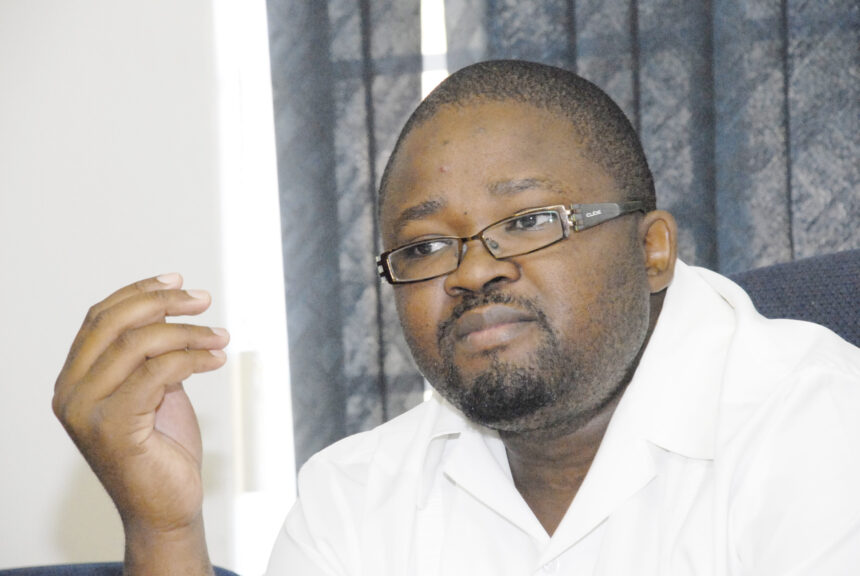Rudolf Gaiseb
Fishing quotas could benefit former fishermen by providing employment and shares in fishing companies, Swanu leader Evilastus Kaaronda said last week.
He made this submission in the National Assembly while enquiring whether the government can ensure that fishermen leverage the quotas and obtain shares in fishing companies. This is so that even after they have left employment, they can continue benefitting from dividends.
Kaaronda posed the questions to President Netumbo Nandi-Ndaitwah following her State of the nation address.
“The workers have been on the streets. Some of them have lost their lives, all of which came as a direct result of what (Bernhardt) Esau and others did in the industry,” he said.
The Institute for Public Policy Research (IPPR) in its study ‘The Human Rights Impacts of the Fishrot Corruption Scandal on Namibian Fisheries Workers (2024)’, revealed that the Fishrot scandal had adversarial human rights’ impacts on Namibia and its people.
This is particularly fisheries’ workers, their families and communities at Walvis Bay.
IPPR reported that many have lost their dignity and homes, and are destitute, suffering from mental health issues.
Fisheries’ workers are part of the Government Employment Redress Programme introduced in 2020/21 to assist unemployed fisheries workers.
Through the programme, they are paid a monthly stipend of about N$4 000 by fishing companies that are part of the programme.
Most of these workers are unable to meet their basic needs, the study outlines.
In response, Nandi-Ndaitwah said employees in the fishing industry cannot be permanent beneficiaries.
“The fishing industry cannot be one of those, but as a government, we are trying,” she said.
The President said there is a challenge where fishermen are being misled by politicians and businesspeople.
“The jobs given to fishermen are in factories and on the sea. They all want to go to the sea because there is more money. Some of these fishing companies go there and say ‘I have a company, refuse to take up the job in the factories so we demand the government give us quotas, so that we can take you to the sea’.
Exactly, they still continue to be misled, unfortunately,” she said. The Head of State discouraged interference while the government solves the problem of the people.“Don’t benefit from their misery,” she noted. Kaaronda was satisfied with the President’s response. “To suggest that the workers were misled, I think, was unfortunate. The workers took the action knowing what the consequences would be, but they also had no choice because of what Esau and his colleagues were doing in the fishing industry. It left the workers with their backs against the wall.
“They had no choice but to fight back. I think it was wrong of the President to suggest that the workers were misled,” he said. –rrgaiseb@gmail.com


